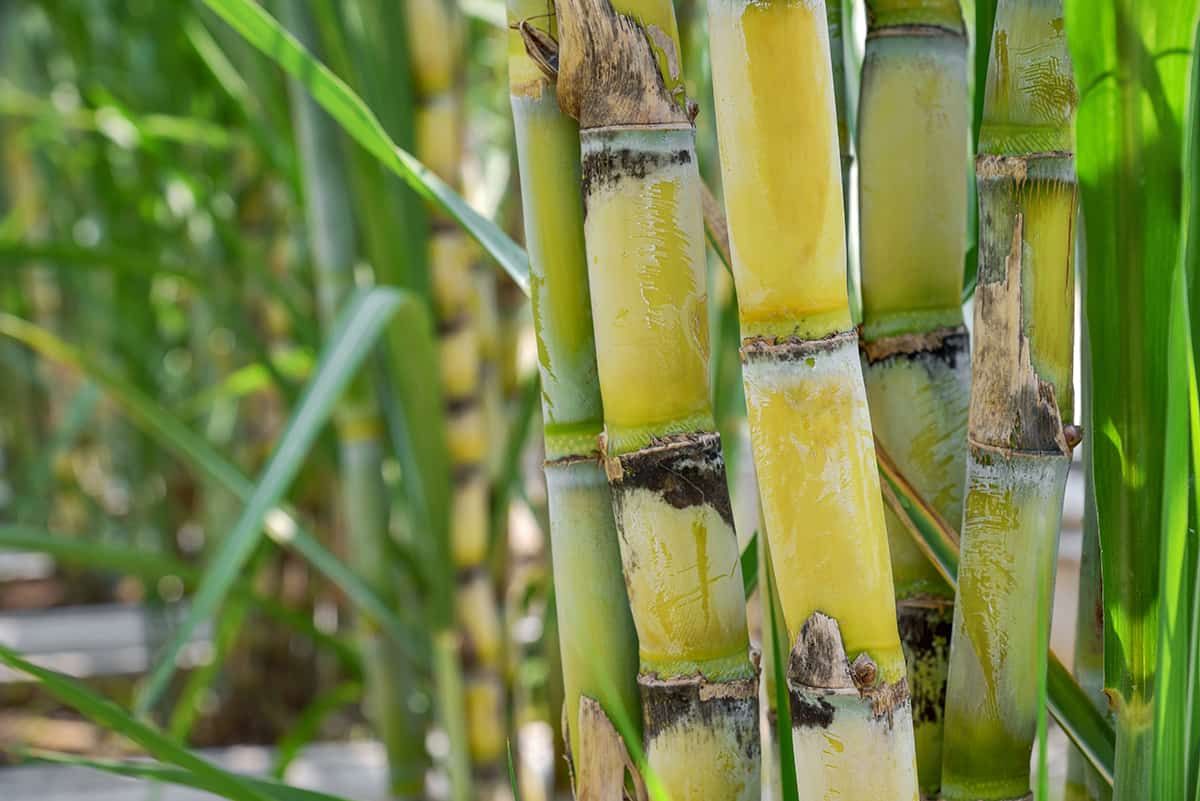How Sugar and Cane Affect Your Taste Buds and Cooking Experience
How Sugar and Cane Affect Your Taste Buds and Cooking Experience
Blog Article
Why Walking Stick Sugar Handling Chemicals Are Essential for Modern Sugar Refining
The function of walking stick sugar processing chemicals in modern sugar refining can not be overstated, as they are important to boosting both the efficiency of extraction and the overall high quality of the last product. Agents such as phosphoric acid and certain flocculants are used to remove impurities, resulting in sugar that not only meets customer expectations however additionally sticks to market standards.
Role of Processing Chemicals
The efficiency of walking cane sugar handling pivots dramatically on the tactical application of processing chemicals. These chemicals play a critical function in boosting the effectiveness and high quality of sugar extraction and refining. From the preliminary phases of juice extraction to the final filtration steps, processing chemicals assist in numerous vital procedures.
In the removal phase, chemicals such as phosphoric acid and calcium hydroxide are used to maximize the information process, helping to get rid of pollutants and suspended solids from the walking stick juice. This not just enhances the yield yet additionally makes certain the clearness of the final item. In addition, representatives like flocculants aid in the rapid settling of impurities, thus improving the general procedure.
Triggered carbon and ion exchange resins offer to get rid of color and smell, guaranteeing that the refined sugar meets customer quality standards. Hence, the careful option and application of these chemicals are essential for attaining optimum end results in walking stick sugar handling.
Key Sorts Of Chemicals
Walking cane sugar handling counts on a variety of essential chemicals that promote each stage of production. These chemicals play crucial roles in clearing up, lightening, and detoxifying the sugar removed from cane.
One main group of chemicals consists of flocculants, such as polyacrylamide, which aid in the clarification process by promoting the aggregation and settling of pollutants. Furthermore, calcium hydroxide is usually employed to neutralize acidity and assist in the removal of non-sugar components.
Whitening agents, such as triggered carbon and sulfur dioxide, are made use of to decolorize the syrup, causing a clearer last item. These chemicals help eliminate color substances that may influence the sugar's look and marketability.
In addition, phosphoric acid offers as a pH regulatory authority throughout the processing stages, making certain optimal problems for the enzymatic tasks associated with sugar extraction and filtration.
Other important representatives include edta (ethylenediaminetetraacetic acid), which chelates metal ions that can catalyze undesirable reactions, and sodium hydroxide, which assists in pH control throughout the refining procedure. Collectively, these chemicals boost effectiveness and guarantee a top notch walking stick sugar product.
Advantages for Sugar Top Quality
Typically ignored, the use of details processing chemicals dramatically boosts the overall top quality of cane sugar. These chemicals play a crucial function in refining procedures, guaranteeing that the last product fulfills strict sector requirements for purity and taste.

In addition, refining chemicals aid in accomplishing a regular granulation and texture, which are important for consumer acceptance. By managing the crystallization process, these chemicals make sure that the sugar crystals create evenly, leading to a more attractive product that liquifies well in different applications.
Additionally, using these chemicals can improve the life span of walking stick sugar by lessening wetness absorption and microbial growth. Overall, the critical application of handling chemicals is essential for providing top notch cane sugar that fulfills consumer assumptions and market demands.
Ecological Effect Factors To Consider

Moreover, the energy-intensive nature of sugar refining, worsened by chemical use, frequently causes raised carbon discharges. This contributes to climate adjustment and increases worries relating to the sustainability of present refining techniques. Additionally, the sourcing of these chemicals may entail methods that endanger biodiversity, such as monoculture farming, which lowers the durability of farming ecological communities.

To mitigate these impacts, sugar refiners are progressively discovering sustainable choices and embracing finest practices that lessen chemical usage. Executing rigorous ecological administration systems can help guarantee that the refining process aligns with environmental requirements and promotes biodiversity. Ultimately, a view website well balanced method that prioritizes both sugar top quality and ecological stewardship is important for the long-term viability of the sugar industry.
Future Trends in Refining
As the sugar sector faces the ecological challenges connected with traditional refining methods, ingenious methods are emerging to improve both efficiency and sustainability. One substantial pattern is the fostering click of green chemistry principles, which focus on using non-toxic, eco-friendly handling chemicals. This shift not just lessens ecological impact yet also addresses consumer need for cleaner manufacturing methods.
Another encouraging growth is the execution of innovative purification technologies, such as membrane layer splitting up and adsorption procedures. These strategies improve the quality and top quality of the sugar while reducing the volume of wastewater created during refining. Additionally, the integration of digital technologies, consisting of IoT and AI, is transforming functional performance by making it possible for real-time monitoring and anticipating maintenance, thus lessening source waste.
Furthermore, making use of byproducts from sugar refining, such as bagasse and molasses, is getting traction. These materials can be converted into biofuels or value-added items, contributing to a round economy within the sector. Jointly, these fads indicate a shift in the direction of even more lasting methods that not only improve functional performance yet additionally align with worldwide sustainability objectives, making certain the future practicality of sugar refining.
Final Thought
Walking cane sugar processing chemicals are important in modern-day sugar refining, significantly boosting the effectiveness and high quality of sugar extraction. The calculated use these chemicals not just boosts the pureness and flavor of the end product yet also makes certain constant condensation and structure. As the industry increasingly prioritizes sustainability, the fostering of environmentally-friendly handling representatives is most likely to form future fads in refining, inevitably causing higher quality products and extended life read more span for consumers.

Eventually, a well balanced method that focuses on both sugar top quality and environmental stewardship is crucial for the long-term feasibility of the sugar sector.
Cane sugar processing chemicals are necessary in modern-day sugar refining, considerably improving the performance and top quality of sugar extraction.
Report this page